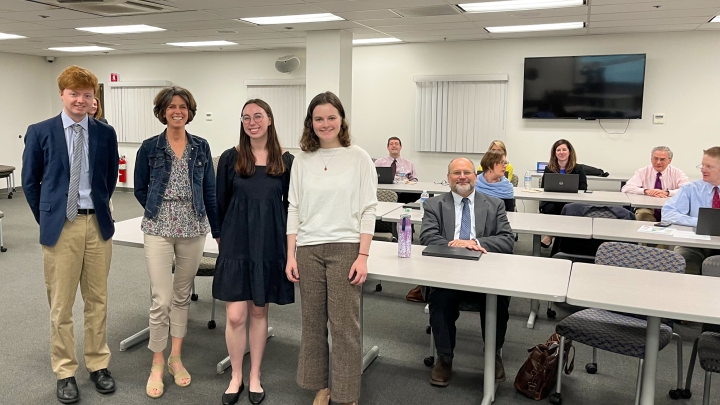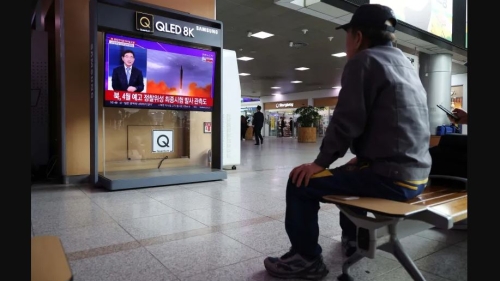April 19, 2023
In January, the U.S.–South Korean alliance was rocked by President Yoon Suk-yeol's surprising suggestion: his country, a law-abiding member of the international system and a key U.S. ally, might need its own nuclear deterrent. In the United States, many foreign policy experts were aghast. A South Korean nuclear arsenal was unnecessary, they argued, because Seoul enjoys U.S. protection. Moreover, a South Korean nuclear program would violate the Nuclear Nonproliferation Treaty (NPT), destabilize East Asia, and expose South Korea to crippling economic sanctions.
[more]




